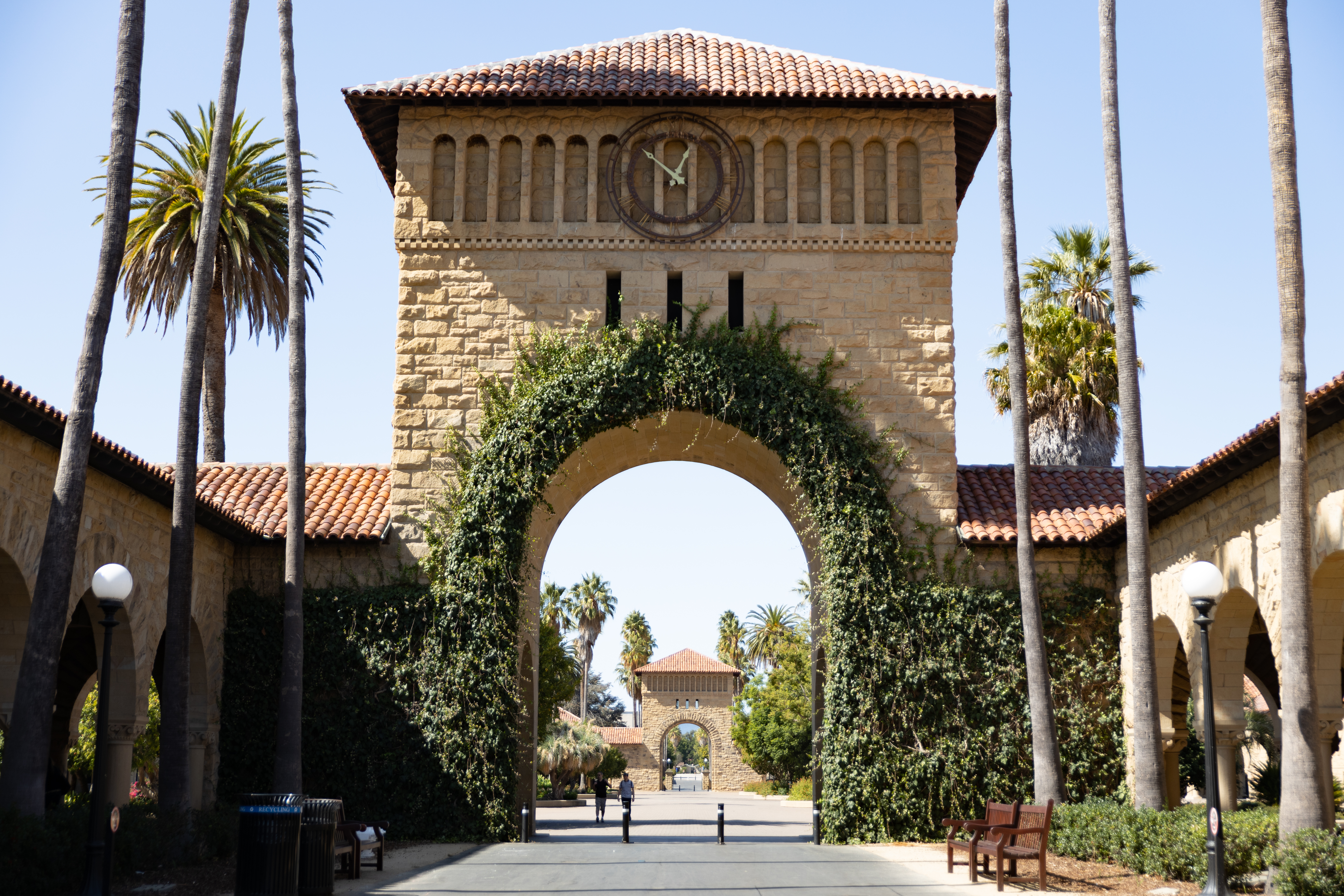The ultra-competitiveness of some campus clubs persists over a year after the Office of Student Engagement (OSE) implemented measures to reduce competitiveness, students told The Daily.
In January 2022, OSE instituted new rules for club membership which prohibit limiting membership based on competitive applications, resumes, transcripts or other metrics which resemble the University’s holistic admissions system for undergraduate students.
Stanford students long described the selective nature of clubs, especially pre-professional clubs, as toxic and in need of overhaul. Competitive club applications at peer institutions like the University of California, Berkeley and Yale University have been widely decried as demoralizing to students, elitist and counter to ideals of expanding access.
While proponents of club applications cite the necessity of membership caps to ensure every participant in the club receives ample resources and attention, strings of rejections can still sting on a personal level. Some students characterized OSE reforms as an effort to change the competitive nature of clubs.
OSE did not immediately respond to a request for comment.
After OSE announced its rule changes prior to the start of this academic year, leaders of various competitive clubs met to determine how to adapt to the new policies.
Leopold van den Daele ’24, the former co-president of the Stanford Social Entrepreneurial Students’ Association (SENSA), explained that after consulting with other leaders, SENSA decided to reframe the club’s traditional “member” role as a leadership position. Clubs are allowed to enforce application requirements for leadership positions under OSE rules. SENSA created a “general membership” tier, which provides access to SENSA-hosted events but not a role the SENSA team.
Van den Daele said reforms came from “a place of real good intention” to reduce competitiveness. “In reality, it is hard for clubs to implement that type of model when you’re dealing with a limited amount of resources,” Van den Daele said.
According to Van den Daele, SENSA receives approximately 300-400 applications for only 50-60 available spots. With limited funding, it is not practical for every person who wishes to join SENSA to receive the necessary level of attention to fulfill the club’s mission, said Van den Daele.
Many clubs like SENSA seek to “prioritize a diversity of interest, people and backgrounds, and the way to do that is through applications … [rather than] who has the most time to commit to coming to all of the events,” Van den Daele said.
Students said they understood the stress of competitive club applications for frosh — and that the current system was not perfect — they felt applications processes are ultimately necessary.
Rutvij Holay ’27 said he recognized the validity of criticisms of competitive club applications. Many clubs rely on a “high pool of talent in order to achieve [their goals],” Holay said.
However, Holay said the rule change would not make a real difference, especially when a workaround exists to limit substantial participation to indvidiuals with leadership positions.
While stressful, most organizations use a relatively streamlined process of a written application and one interview, Holay said.
Van den Daele joked that “it’s harder to get into Stanford clubs than it is to get into Stanford.”
Some students criticized the lack of transparency on application processes. Some clubs do not reveal the full application process until after they eagerly recruit new students to fill out forms at Festifall, the student activities fair, and plaster their posters across frosh dorms, students like Ahmad Zafar ’27 said.
Zafar said he believes club leaders do not describe “proper criteria on the way they select applicants.” Selection for elite pre-professional clubs sometimes feels arbitrary and subjective and even discourages frosh from exploring extracurricular interests, Zafar said.
While many consulting and finance clubs require applications for membership due to high interest, there are other options without holistic applications. The Business Association of Stanford Entrepreneurial Students introduced a system where frosh gain points through attendance. The points count towards an interest score used in general recruitment and leadership applications.
Holay said the current generation of Stanford students has it “more competitive than most.” The difficulty of applying to clubs is one manifestation of a broader trend, where young adults experience increased competitiveness from “college applications to the job market,” Holay said.
